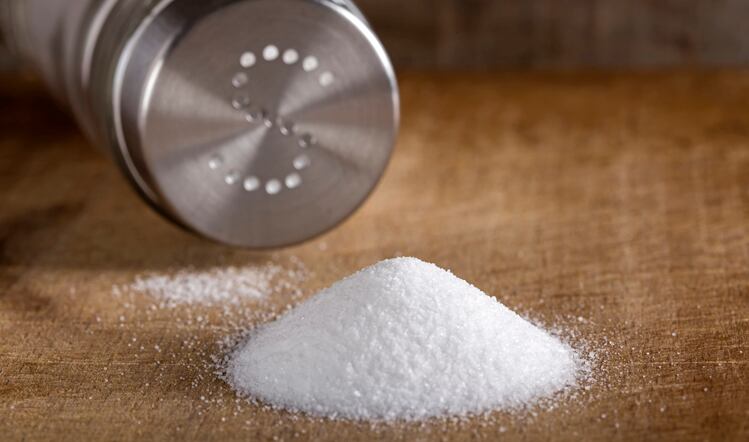Speaking exclusively to Food Manufacture in the above podcast, Pombo insisted the campaign group generally has the support of the food industry in its aims. Some manufacturers would even like to see stricter sodium reduction measures introduced, she said.
“A lot of the time [food manufacturers] appreciate what we do, and they want to join us in that. But often, when we have conversations, we hear that they are frustrated because the targets are voluntary.
“Some of them often feel held back from further progress or making further reductions in products because competitors perhaps aren't as far along in the journey, or perhaps are more resistant to changes.
“In many instances in recent years, they have actually expressed a preference for mandatory salt targets because they will create that level playing field.”
Big wins
Pombo highlighted key successes in combined efforts towards salt reduction over the last 20 years.
“We’ve removed tonnes of salt from supermarket-bought foods,” she said. “On average, we have managed to reduce the salt content in bread products by about 30%, so that will have had a real impact on population salt intake.
“It's been a win-win for everyone because while people are consuming less salt, companies haven't had any reported loss of sales because of it.”
Pombo believes the reason behind the lack of impact on sales is because producers have reduced salt content ‘slowly and unobtrusively, very gradually’.
The industry’s success in salt reduction has also translated to healthcare savings, according to Pombo. “We’ve been able to reduce these intakes of salt, which has meant that we’ve reduced average blood pressure, and that’s also translated to fewer deaths from strokes and heart attacks,” she told Food Manufacture.
Slower progress
However, Action on Salt, which is based at Queen Mary University of London, has reported a slowing of progress in sodium reduction efforts.
“Public Health England published the latest progress report last year looking at data from 2018 and they were able to show that there has been no industry progress in the last year,” said Pombo.
“Only half of the average salt reduction targets had been met, and they were supposed to have been met in 2017.”
A key focus for Action on Salt over the next few years, therefore, will be to make sure that the momentum from previous gains is not lost.
“We need to remember that we were once known as the leaders and world leaders in salt reduction,” Pombo said.
“We’ve seen so many other countries replicating our salt reduction programme. And we know it does work, but with the latest strategies or proposed strategies, you are seeing less and less focus around salt and that’s depleting that momentum.”




